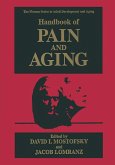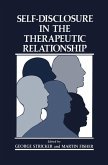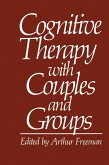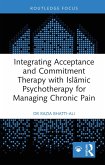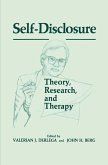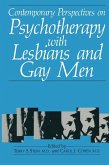. A concise overview of the theory, core processes, and key therapeutic messages of ACT, plus a framework for case conceptualization using ACT. . Techniques for using ACT to treat common behavior problems, including affective disorders, anxiety disorders, PTSD, and substance abuse/addiction. Chapters are included on clients with multiple problems and the severely mentally ill. . Uses of ACT for stress relief, for chronic pain management, and in inpatient medical settings. . Special chapters on children and families, and ACT with groups.
Modeling the psychological flexibility that is so crucial to treatment, chapters illustrate ACT's adaptability to client problems as they arise, and its built-in strategies for cutting through impasses. Further, the book cogently differentiates ACT from related modes of therapy.
This user-friendly volume will be a welcome guide for practitioners and students alike. It offers both a cogent theoretical model and a clinical guide for all professionals who treat mental health problems, regardless of theoretical orientation.
Dieser Download kann aus rechtlichen Gründen nur mit Rechnungsadresse in A, B, BG, CY, CZ, D, DK, EW, E, FIN, F, GR, HR, H, IRL, I, LT, L, LR, M, NL, PL, P, R, S, SLO, SK ausgeliefert werden.
Hinweis: Dieser Artikel kann nur an eine deutsche Lieferadresse ausgeliefert werden.
By Maria Karekla & Marianna Charilaou, PsycCRITIQUES, American Psychological Association, Volume 50, Number 52.



